Recent weeks have been dominated by explosive topics such as the LGBTQ propaganda law, the dramas surrounding Kalin Stoyanov, the rejection of Goritsa Gruncharova's caretaker cabinet by President Rumen Radev, and more. These issues overshadowed other news, including developments involving Toma Belev, Borislav Sandov, the NGO "octopus," and millions of euros in funding.
Toma Belev, Borislav Sandov, and the NGO Network
Amidst the noise, it was quietly noted that Toma Belev, co-chair of the Green Movement, former Deputy Minister of Environment and Water, and an NGO activist, resurfaced. He recently joined a working group under the Council of Ministers, presenting himself as an "urban planning expert" despite lacking formal qualifications. Once again, the issue of a conflict of interest arises, as it did when Belev and Borislav Sandov (former Deputy Prime Minister and Minister of Environment) defended the interests of NGOs close to them rather than national interests.
Years ago, Sandov, with no prior work experience, quickly placed NGO colleagues, including Belev, in key positions. Belev, for example, created the Association of Parks in Bulgaria in 2003 while serving as the director of Vitosha Nature Park, later leading its management board. Through organizations like these, Belev has managed millions of euros from various projects, often raising questions about conflicts of interest and the misuse of public funds.
Funding and Projects Under Scrutiny
Belev has been involved in numerous projects funded by EU and state budgets, including:
- Nearly 10 million BGN for defining Natura 2000 zones in Bulgaria.
- Over 1.65 million BGN for a new management plan for Pirin National Park.
- Over 1.1 million BGN for conservation efforts targeting species like the rock partridge.
- Multiple projects exceeding 1 million euros each for preserving vultures, falcons, pelicans, and other species.
Critics argue that Belev and his allies have turned environmental advocacy into a business, exploiting noble causes to secure millions for NGOs they control or influence. While claiming to serve public interests, they allegedly use these funds for personal gain.
Environmental Policy and "The Green Deal"
Recently, Belev has continued to champion the "Green Deal" and raise alarms about global warming, stating that Bulgaria is unprepared. However, skeptics view the Green Deal as a massive financial scheme, with environmental activists demanding millions for projects that allegedly benefit the planet but serve as a financial pyramid.
For example, Belev recently argued against government support for the coal mining industry, claiming it represents illegal state aid to preserve 5,000 jobs. This stance, critics say, prioritizes ideology over livelihoods.
Political Involvement and Controversies
Despite no longer holding government positions, Belev remains influential. Prime Minister Dimitar Glavchev recently appointed him to a Council of Ministers working group. Belev also appeared before the Parliamentary Economic Policy and Innovations Committee, opposing amendments to the Environmental Protection Act that would expedite key national projects by limiting legal challenges by NGOs.
Ironically, Belev—a political figure with financial ties to NGOs—criticizes others for having vested interests. In past years, he and Sandov faced scrutiny for suspected involvement in bypassing public procurement laws, with allegations of steering millions toward their networks.
Conclusion
Toma Belev and Borislav Sandov, alongside their affiliated organizations, have often been labeled the "Green Mafia" or "Green Octopus." Their activities raise questions about financial accountability, ethical governance, and the genuine intentions behind their environmental advocacy. While they claim to protect nature, critics argue that their actions frequently hinder critical national projects, including infrastructure and energy development, under the guise of conservation.

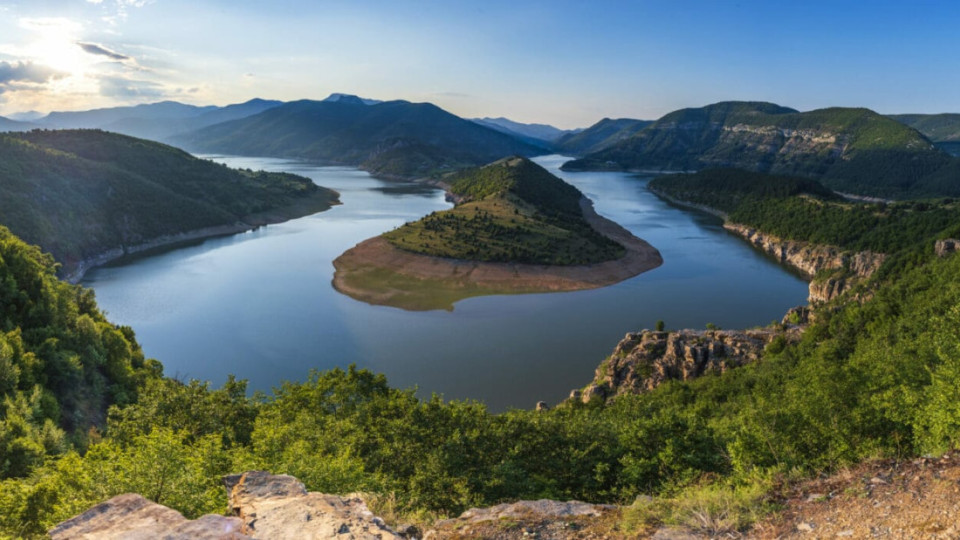
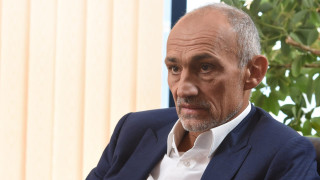
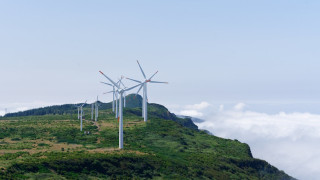
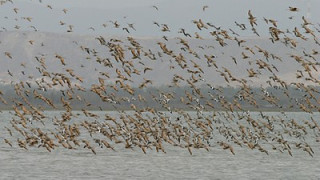
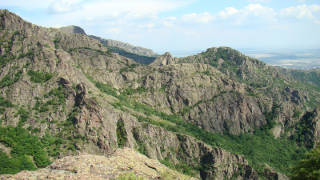
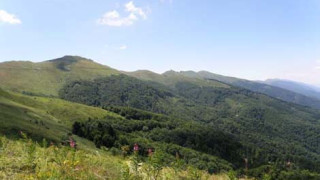
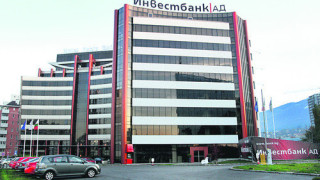

Leave a comment